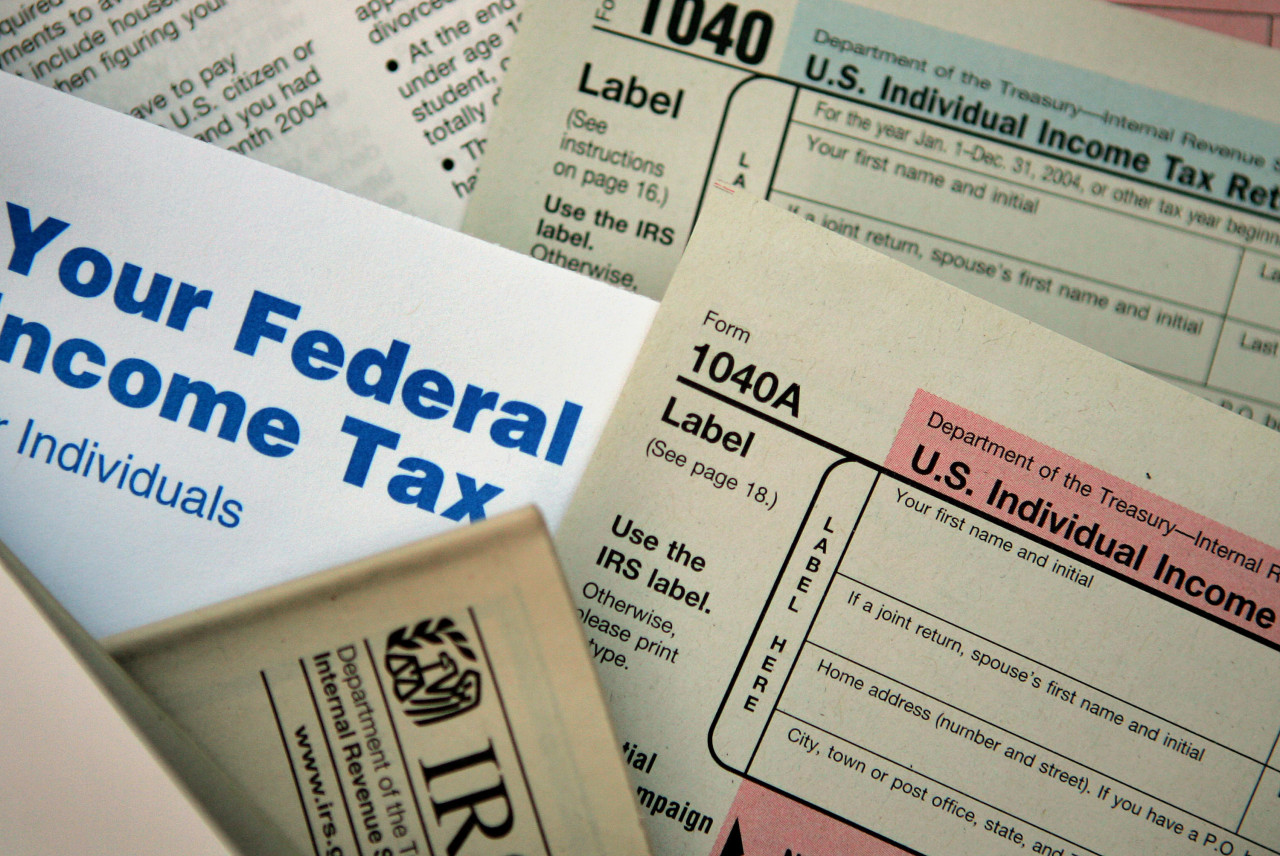Marcus Pickett
For many, insurance premiums and taxes go together like flossing and root canals. Despite their necessity, they can be tedious and painful. But just like daily flossing can reduce the likelihood of a root canal, paying your insurance premiums can reduce the likelihood of writing a big check to the IRS. Here are some of the most common — and commonly missed — insurance-related tax deductions for home owners, health insurance policyholders and small businesses.
Private mortgage insurance tax deductions
This is the most common insurance-related tax deduction, and, if you own a home, you likely know about it. But some tax filers don’t realize the full extent and limitations of this tax deduction. For example, if your income exceeds $50,000 ($100,000 if filing jointly), the tax deduction you’re allowed to take is reduced, according to the IRS.
When it comes to a rental home, you also may deduct your mortgage insurance premiums — as well as other expenses. For example, you can deduct travel expenses if you must travel to the property to collect rent or manage and maintain the property, according to the IRS.
Health insurance tax deductions
Health insurance tax deductions can get complicated. According to the IRS, health insurance premiums are considered a medical expense and are eligible as a tax deduction under this designation. However, the tax deduction does not kick in until the total medical expenses for the year reach 7.5 percent of the filer’s adjusted gross income. Once this benchmark is reached, anything over 7.5 percent of adjusted gross income becomes a tax-deductible expense.
Taxpayers may have more medical expenses than they think. In addition to health insurance premiums, eligible out-of-pocket medical expenses include travel and transportation costs, bandages, acupuncture, eyeglasses and contact lenses, dental expenses, certain legal fees, most disability-related care and equipment, and even certain health-related household repairs like removing lead paint, according to the IRS.
These expenses can be counted only when they are paid, not when they are billed. Thus, those paying off major medical expenses over several years cannot, unfortunately, use this financial setback to ease their tax burden — unless the payments themselves total more than 7.5 percent of the adjusted gross income for that year.
Long-term care insurance tax deductions
Long-term care insurance adds another layer to tax deductions for health insurance and medical expenses. Long-term care insurance is counted as a medical expense, but it has age-dependent limits on how much can be deducted in any given year. The American Association for Long-Term Care Insurance reports the following maximum deductible amounts for 2010 tax returns based on the age of the filer at the end of the tax year:
- 40 or younger — $330.
- 41 to 50 — $620.
- 51 to 60 — $1,230.
- 61 to 70 — $3,290.
- 70 and older — $4,110.
In 2012, the maximum amounts increase to $340, $640, $1,270, $3,390 and $4,240. Also, while most taxpayers still will need their total medical expenses to exceed 7.5 percent of their adjusted gross income, self-employed individuals do not. They can deduct their long-term care insurance premiums, regardless of the 7.5 percent threshold, although these maximum deductible amounts still apply.
Business insurance tax deductions
Nearly all business insurance premiums are tax-deductible as operating expenses. Advance payments for business insurance may not be taken ahead of the year for which they apply, however. According to H & R Block, eligible business insurance tax deductions include coverage for fire, theft, flood, merchandise and inventory, credit, public liability, workers’ compensation, business interruption, errors and omissions, disability (for employees), display window, and product liability and malpractice.
Self-employed people may use their home insurance or renter’s insurance as an operating expense, prorated to reflect the amount of space their businesses occupy in their homes. According to the IRS, the Small Business Jobs Act of 2010 allows self-employed people to use self-paid health insurance premiums to reduce net earnings, instead of waiting to take an income tax deduction.
